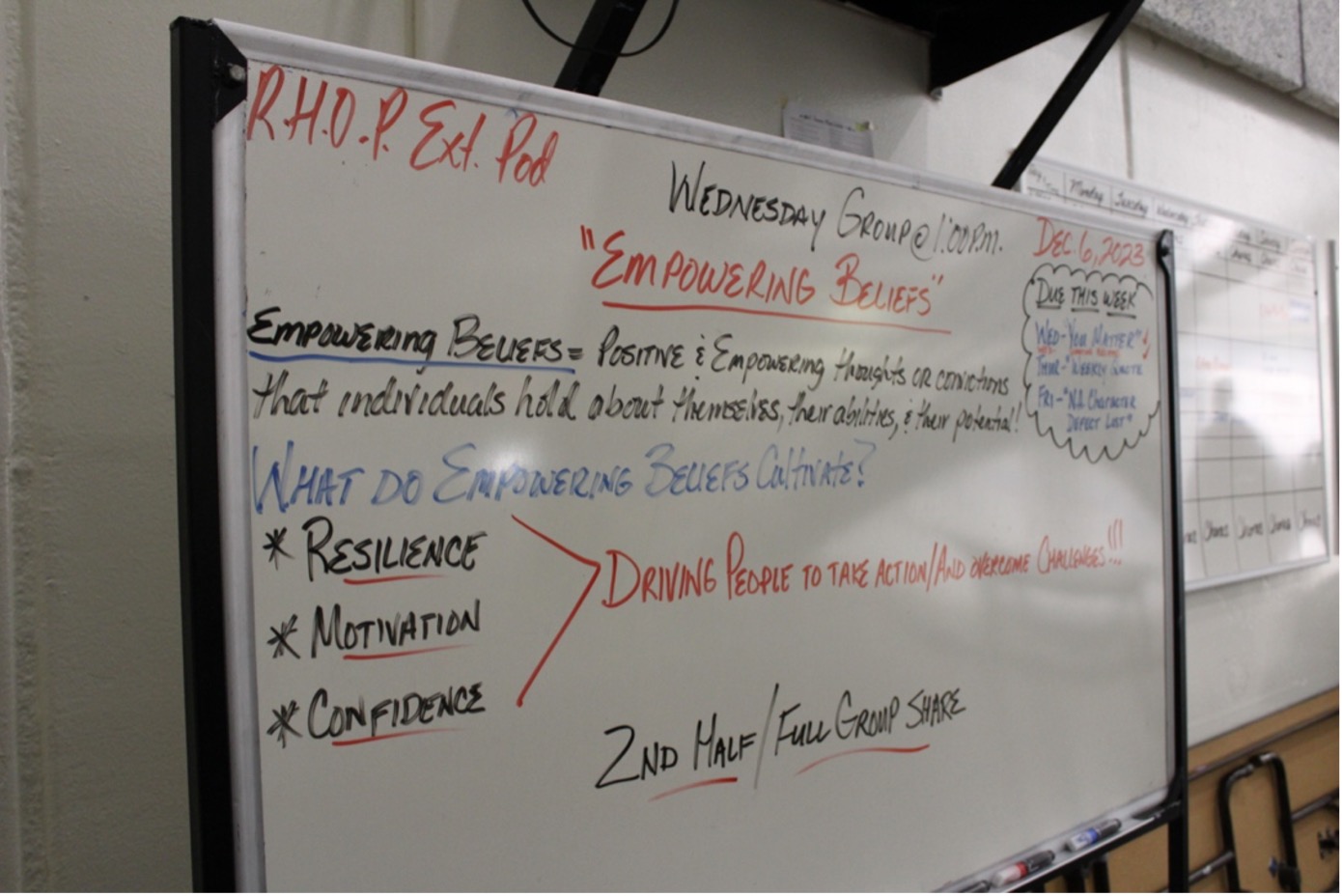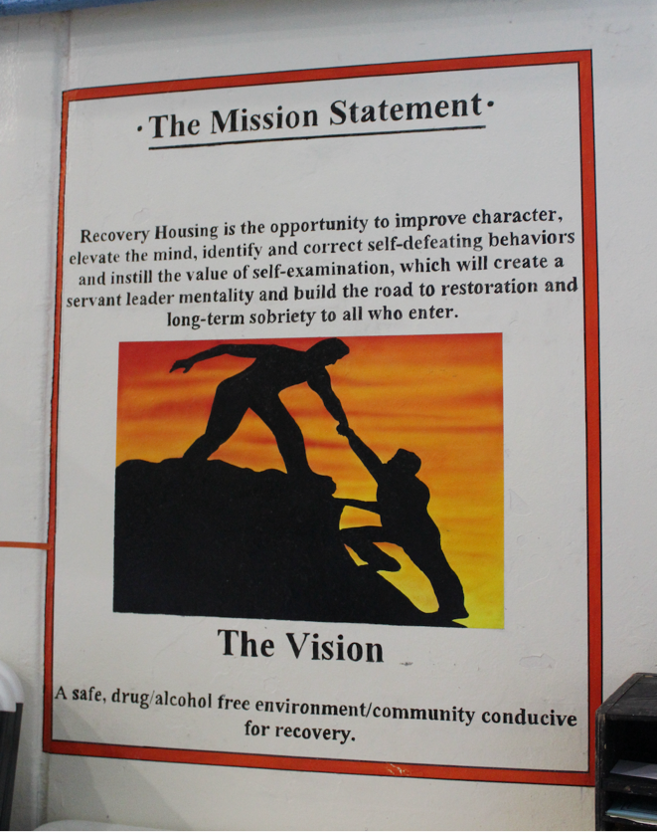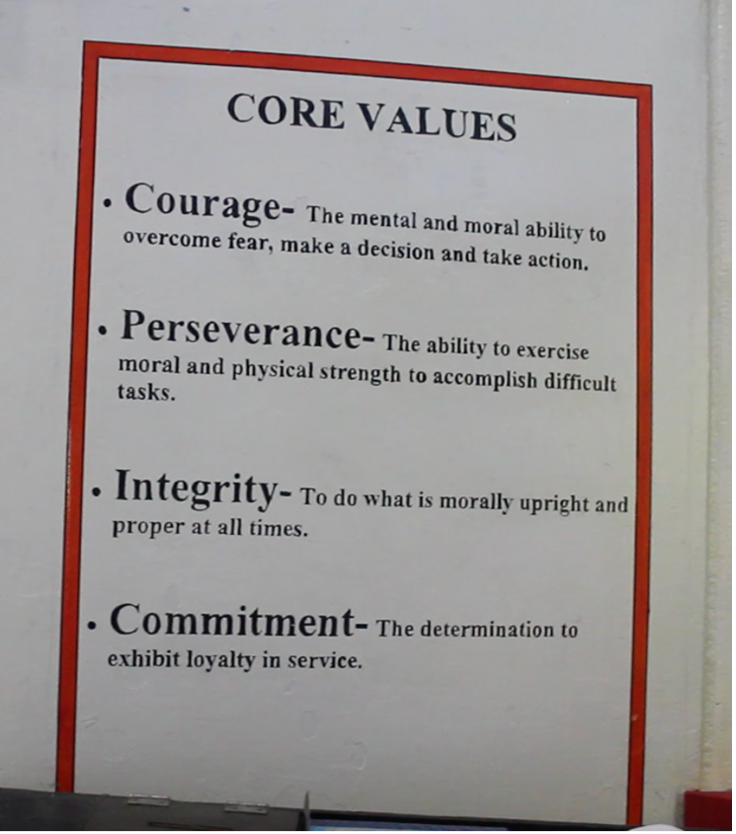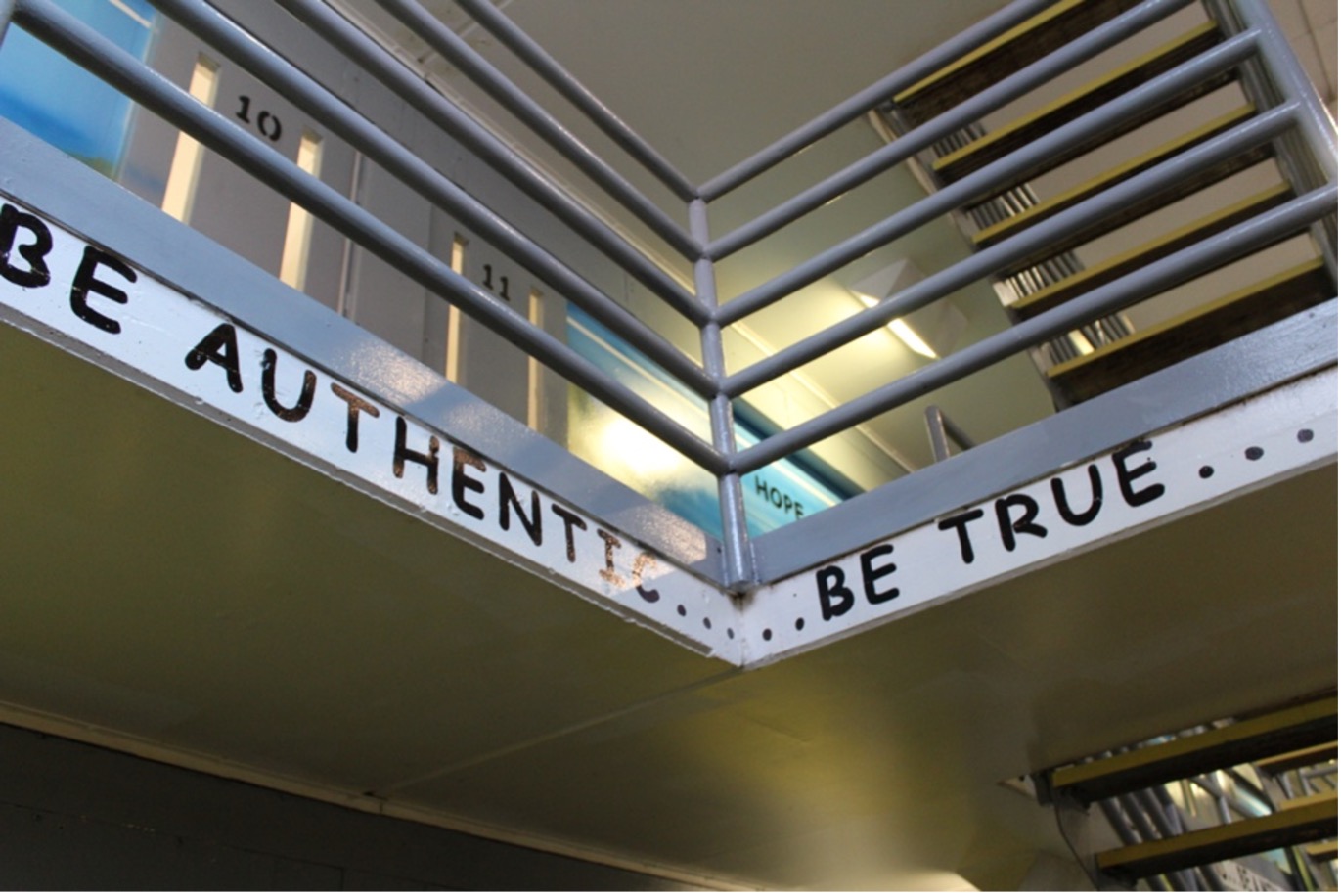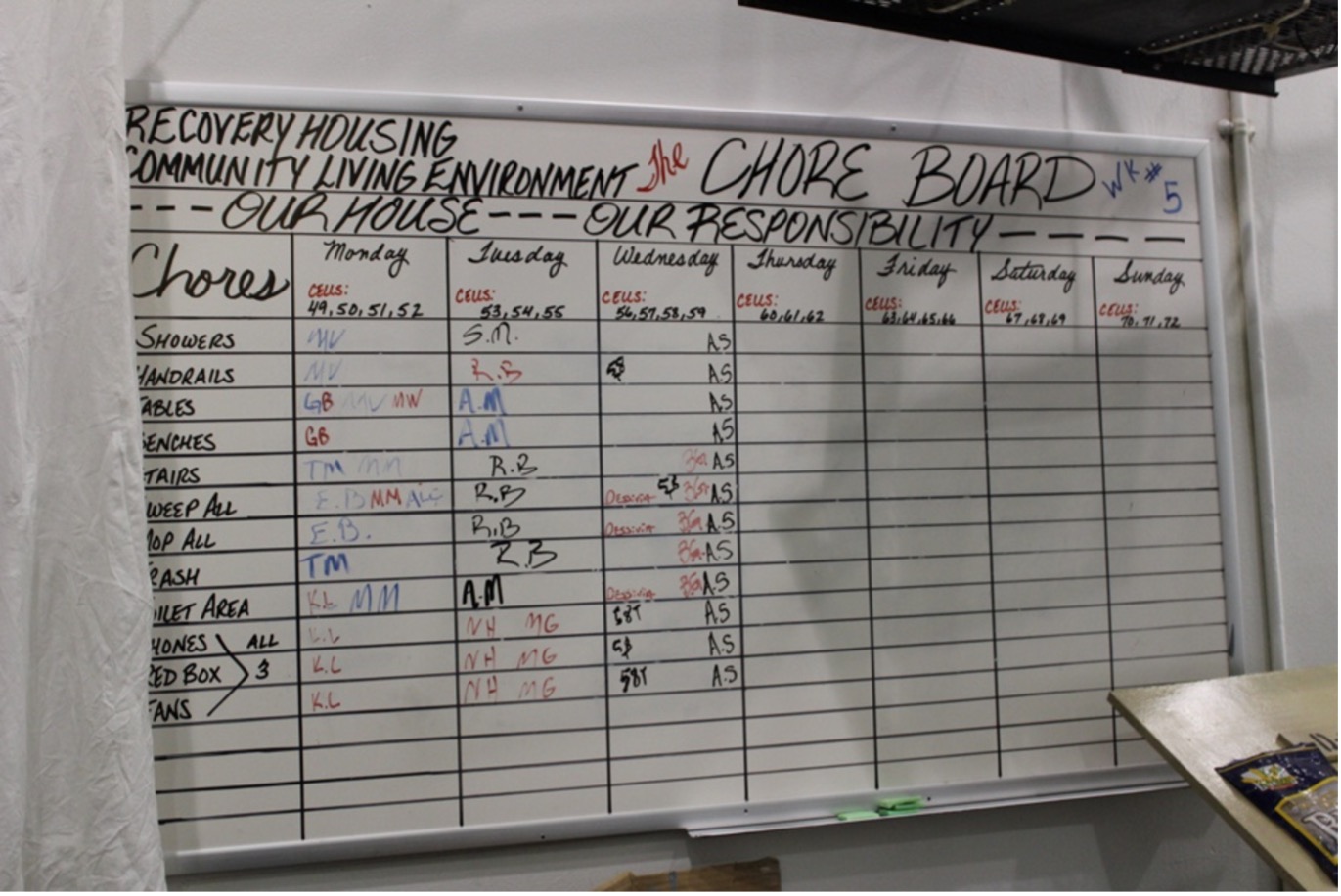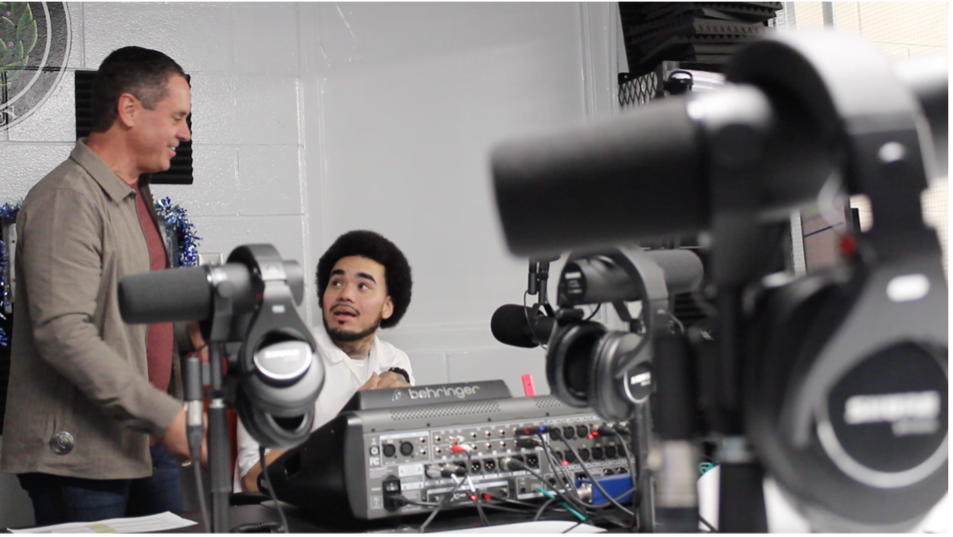
My first day in prison was a day I will never forget. I walked through the Michael Unit of Tennessee Colony in Texas a bundle of nerves. I had no idea what to expect, who I would meet, what I would see. Walking amongst the inmates, holding my breath, watching my back was a more intense circumstance I’ve ever been in before. But I held onto a single thought as I started my day there: That the mark of a true Christian is not how well you love Jesus, but rather, it’s how you love Judas.
When you really think about what that means, it’s a lot easier said than done. And that begs the question, who is Judas? If you’ve read your Bible, you know he is a pivotal character. But today, Judas might look like someone sitting in a prison cell for any multitude of reasons you could imagine.
Gateway Church in Southlake, Texas has been my home church for over two years now, and I can confidently say that it is a very special place. I’ve always known that it had a robust prison ministry, but never in my wildest dreams imagined that I would experience it firsthand. I met Lead Pastor Stephen Wilson with a very simple mission: to find stories and content that would highlight those with experience with our criminal justice system. You know what the Bible says: “Ask and you shall receive.” I received in abundance.
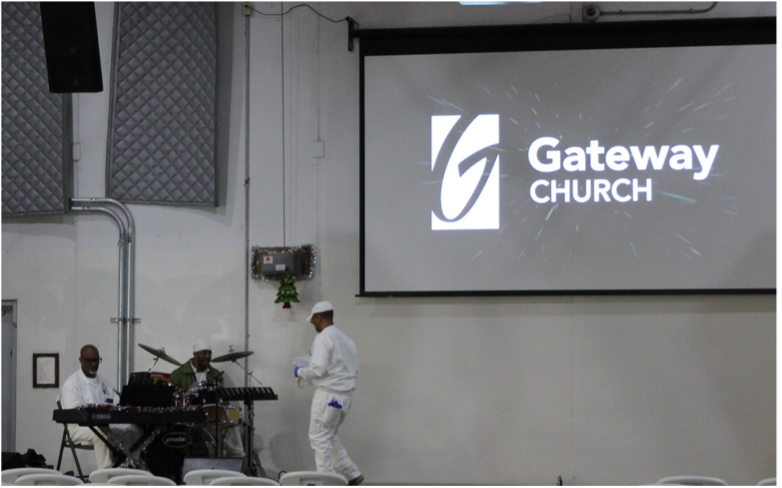
Gateway’s Prison ministry is committed to discipling incarcerated individuals as well as their families. In several locations across the state, its ministers have implemented church campuses for inmates that look exactly like their campuses in the outside world. The only difference is that it is completely run by inmates. When you walk into the gymnasium for a service, you are greeted by smiling faces and outstretched hands. You can hear live worship music echoing within the brick walls. To the back, a tech board controls music levels, on-screen graphics and the recorded message from Sunday’s main service. With the exception of a sea of white jumpsuits, it looks like any other Gateway campus. And there’s a good reason why.
Pastor Stephen has firsthand experience with the criminal justice system that changed the trajectory of his entire life. He served a one-year sentence before making the Lord his savior, and saw not just the darkness within the prison walls but opportunities to encourage reform that would not only rehabilitate inmates to change their lives on the inside, but in turn increase public safety on the outside. Within the first hour of our meeting, he told me, “today’s inmate is tomorrow’s neighbor.”
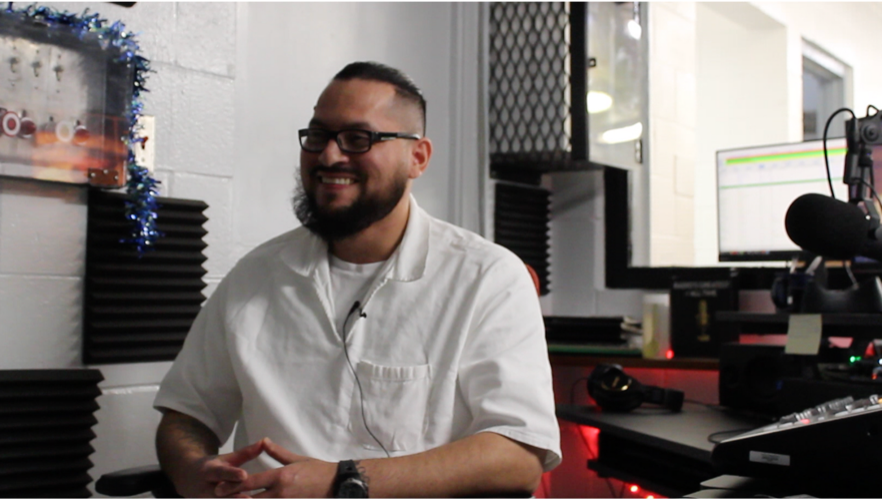
Gateway’s ministry spares no effort in making sure the men in their services become exceptional neighbors to all of us upon reentry into society. Every inmate who has a hand in putting on a church service learns the same exact skills as a volunteer at the main campuses in our communities. This ensures that when an inmate is released, they can walk into a Gateway campus with complete confidence that they know what to expect and how to serve.
Each inmate not only hears the Gospel but is taught how to tangibly put their faith into practice. As they learn about their salvation, they are also given tools for being a better husband and a present father. With their rehabilitation, they break the vicious cycles of incarceration and the ripple effects it has on their children, families, and communities.
As I attended service that day in the Michael Unit, hands raised high in worship with the other inmates, I realized that each and every one of the men around me had been Judas at some point in their stories. But I’d never seen people with such a fierce desire to be and do better for not just themselves, but also their families and the communities around them. I have hope that as they serve their sentence, that group of men will learn to become better neighbors than most of us.

In the wake of the pandemic, a notable increase in feelings of despair, incidents of violence, and substance-related challenges became prevalent in units across Texas—with seemingly one exception: the Polunsky Unit. The TDCJ houses not only the male death row inmates in the Polunsky Unit, but a very special project: a radio station, run by inmates with supervised and uplifting content. What officials found is that not only did this radio station create community within the unit, but also gave inmates the chance to gain technical skills and a purpose through the responsibility of running the station.
Pastor Stephen saw a need in Texas prisons for this kind of community, brought together with quality content combined with the pride and sense of responsibility of having a job to run a radio station. He teamed up with DFW radio station KCBI to replicate this project in other prisons in which Gateway Church has an active campus. The Michael Unit flipped its switch on Wednesday, Dec. 6 with a celebration to commemorate the official launch of a yearlong project.

I was honored and privileged to attend this celebration for the launch of ‘The Tank’, but most importantly talk to the men who have been tasked with running it. Each one had been selected to produce content, play music, and host on air discussions to their prison community. I was shocked to find how normal our conversations were. We laughed, we cried, we shared stories and broke bread together.
The men could barely contain their excitement for this new initiative that they were trusted to steward, but even more so how they will use it to uplift those around them. They know and love the Lord, and while each one expressed deep remorse for the decisions they made in their past to put them behind bars, they wake up every day hoping to do better and help those around them.
They expressed so much hope that when they were released, they would have the skills to pursue a career in radio, podcasts or tech with what they would learn with their station. A job to them would be so much more than just a means to paying rent or buying our groceries. It is a sense of pride, independence, and autonomy. What I take for granted every day, these men dream of.
As we wrapped up our “Flip the Switch” celebration, I was offered a tour of the whole unit. How could I refuse?
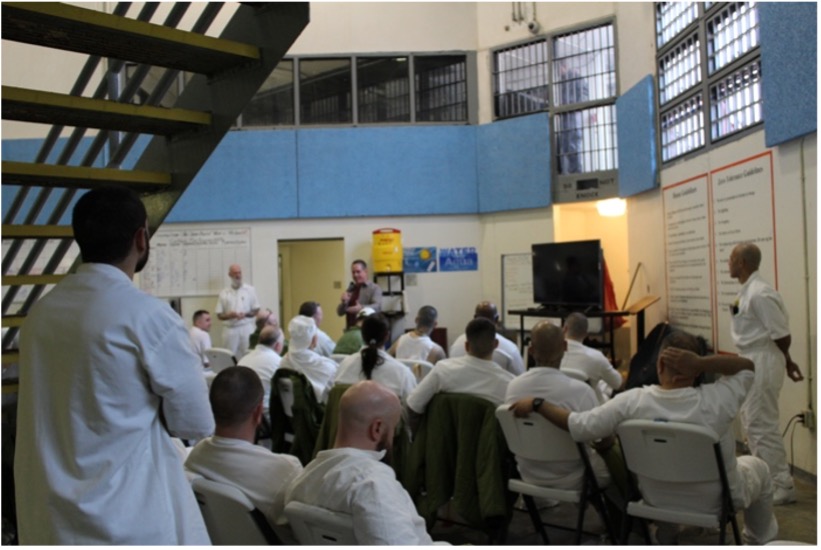
At the top of my tour I was taken to Recovery Housing, for those who are suffering from or who are working to overcome addiction. This helps to create a community that promotes positive change within each individual. One inmate in particular, who we will call Luke, is a peer support coach in Recovery Housing. Luke is the face of the initiative and acts as an example to his peers by living a sober life and mentoring the men around him.
Luke showed me exactly what he and this group of men are doing to be men of values (in a society that expects them to have none). Chore charts, accountability charts, leadership lessons, quotes of the day, inmates’ artwork with motivational words and quotes around their rooms. It is a place of hope in what could very easily have been a pit of despair. I was moved by Luke’s passion and determination to help himself and others have a life outside of these walls.
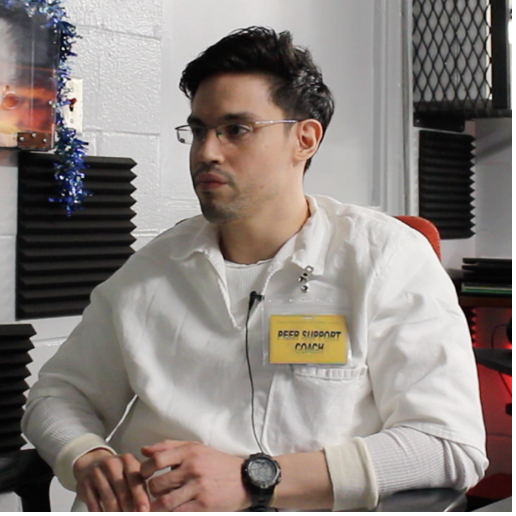
A later stop along our tour was the unit’s hospice ward, where 22 men took up beds and a long waiting list with others ready to take their place. Any hospice wing of a hospital is a difficult place to walk through, and this was somehow harder. But again, just like countless other times before that day, I was pleasantly surprised to find hope even there. A new program has been established in the hospice ward, in which inmates could volunteer their time caring for the sick and sitting beside them as they pass. I talked to a patient on the patio, enjoying some fresh air, as he told us that the worst part of being in hospice was feeling scared and alone, and that the inmates who work with them help to take that feeling away. As I talked with an inmate volunteer, I was struck to hear that he absolutely loved his time in the hospice ward because it was the first time he had ever put someone else’s needs above his own.
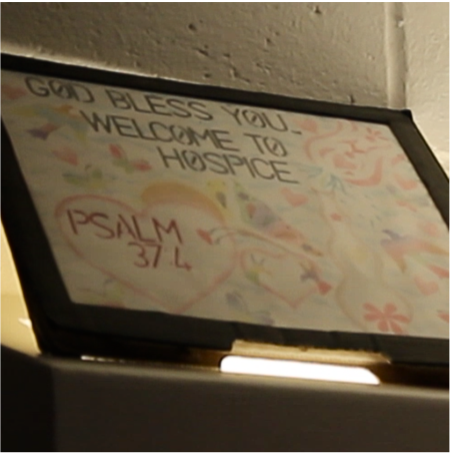
This chance to care for others combined with learning new skills through their service is setting these volunteers up for a life outside of the Michael Unit. Their hearts are changed, and all that they are learning has the possibility to lead to worthwhile careers of caregiving or even a job in the medical field. It’s a hope that many have not felt in a very long time, and I would be lying if I said I was not touched to see those who had at one point been hardened by their past to be in a place to show such compassion for their peers.
So here we are, faced with the reality that each and every one of us has the capacity to be Judas. But no one has to stay in the role of Judas in their story, so long as there are people like Pastor Stephen, organizations like Gateway Church, and others who would be willing to extend a hand to lift their neighbors up. If inmates are never taught better, how can we reasonably expect better when they are released back into the world? Common sense reentry initiatives have never been more important. Our safety and society depend on it.
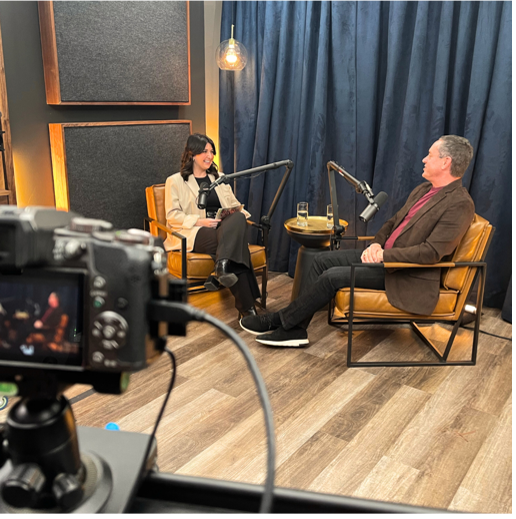
My first day in prison was a day I will never forget. I certainly hope it’s not my last. To learn more about my day at the Michael Unit, Gateway Prison Ministry, and reentry, listen to The ROC Podcast for a sit down with Pastor Stephen.
Caption: The members of the Recovery Housing Community asked me to showcase their Mission Statement, Core Values, accountability chart and an example of their group sessions to show everyone how seriously they take their personal growth and desire to be better. I hope you see their hearts as I got to.
